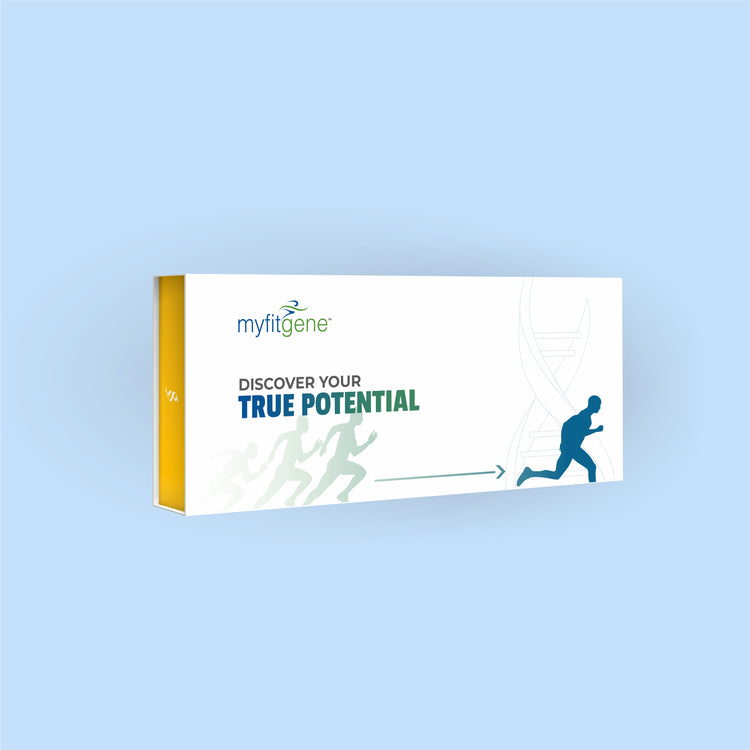Anterior Cruciate Ligament Rupture - ACL
The Anterior Cruciate Ligament (ACL) is a key structure in the knee joint, resisting anterior tibial translation and rotational loads. An ACL rupture is a partial or complete tear of this ligament, causing knee pain, swelling, and hampered leg movement.
Impact of Gene Variants
Genetic factors play a significant role in ACL ruptures. Studies have shown a familial predisposition for ACL rupture and have identified correlations between ACL rupture and different genetic variations. Variations in genes involved in the structure of type 1 collagen are particularly prominent.
Ways to Recognize Problems
Symptoms of an ACL rupture include a pop sound in the knee, a popping sensation, swelling and pain within a few hours of injury, loss of range of motion, severe pain causing hindrance in continuing the activity, and tenderness and discomfort around the joint while walking.
